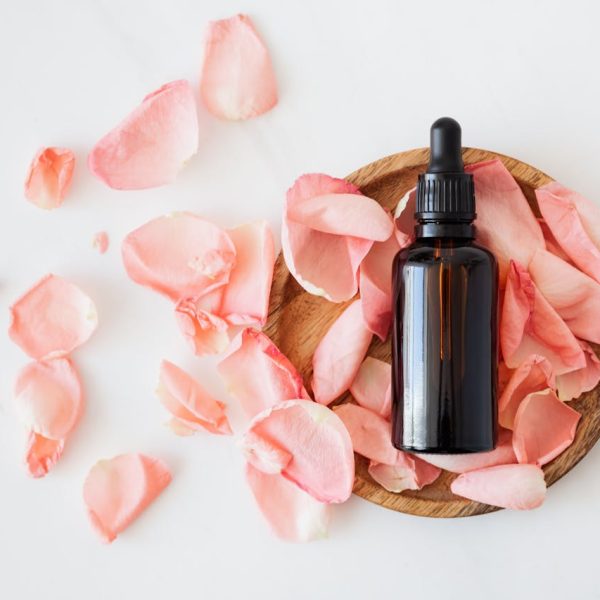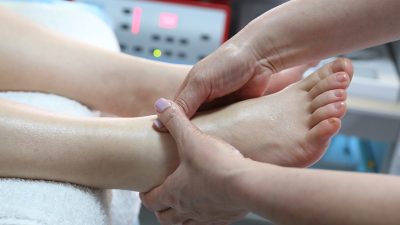The Truth About Skincare Ingredients: What to Avoid
Skincare products often promise miraculous results, but not all ingredients in these products are beneficial for your skin. Some can cause irritation, allergic reactions, or long-term damage. Understanding what to avoid is crucial for maintaining healthy, glowing skin. In this blog post, we’ll break down the most harmful skincare ingredients and why you should steer clear of them.
Parabens: The Controversial Preservatives
Parabens are synthetic preservatives used to extend the shelf life of skincare products. While they prevent the growth of bacteria and mold, parabens have been linked to hormone disruption, as they mimic estrogen in the body. This can potentially increase the risk of certain cancers, such as breast cancer.
To avoid parabens, look for products labeled “paraben-free” and check ingredient lists for common parabens like methylparaben, propylparaben, and butylparaben.
Sulfates: The Harsh Cleansing Agents
Sulfates, such as sodium lauryl sulfate (SLS) and sodium laureth sulfate (SLES), are commonly found in cleansers and shampoos. While they create a rich lather, sulfates can strip the skin of its natural oils, leading to dryness, irritation, and sensitivity. This is especially problematic for individuals with dry or sensitive skin.
Opt for sulfate-free cleansers and shampoos that use gentler surfactants like cocamidopropyl betaine or decyl glucoside.
Fragrances: The Hidden Irritants
Artificial fragrances are often added to skincare products to enhance their scent, but they are a leading cause of allergic reactions and skin irritation. Fragrances can contain a cocktail of undisclosed chemicals, some of which may be harmful or toxic.
Choose fragrance-free products, particularly if you have sensitive skin or are prone to allergies. Look for labels that explicitly state “unscented” or “hypoallergenic.”
Alcohol: The Drying Agent
Certain types of alcohol, such as denatured alcohol and isopropyl alcohol, are used in skincare products for their quick-drying and oil-controlling properties. However, these alcohols can dehydrate the skin and compromise its natural barrier, leading to irritation and premature aging.
Instead, opt for products with fatty alcohols like cetyl alcohol or stearyl alcohol, which are hydrating and beneficial for the skin.
Mineral Oil and Petroleum: The Pore Blockers
Mineral oil and petroleum-based ingredients, while effective at locking in moisture, can clog pores and lead to acne. These ingredients create a barrier on the skin that can trap dirt and bacteria, especially for those with oily or acne-prone skin.
Look for non-comedogenic alternatives like shea butter or jojoba oil, which provide hydration without clogging pores.
Formaldehyde and Formaldehyde Releasers
Formaldehyde is a known carcinogen that can be found in some skincare and haircare products. Even more concerning are formaldehyde-releasing preservatives like DMDM hydantoin and quaternium-15, which release small amounts of formaldehyde over time.
To avoid exposure, read ingredient labels carefully and steer clear of products containing these preservatives.
Hydroquinone: The Skin Lightener
Hydroquinone is used in skin-lightening products to reduce hyperpigmentation and melasma. While effective, it can cause side effects such as skin irritation, redness, and, in rare cases, ochronosis (a condition where the skin becomes dark and thickened). Long-term use has also raised safety concerns.
For safer alternatives, consider ingredients like niacinamide, kojic acid, or licorice root extract.
Final Thoughts
Knowing what ingredients to avoid is an essential step in creating a safe and effective skincare routine. Always read product labels and choose formulations that prioritize skin health over artificial enhancements. By staying informed, you can protect your skin from harmful chemicals and enjoy a radiant, healthy complexion. When in doubt, consult a dermatologist to ensure the products you use are tailored to your unique skin needs.






